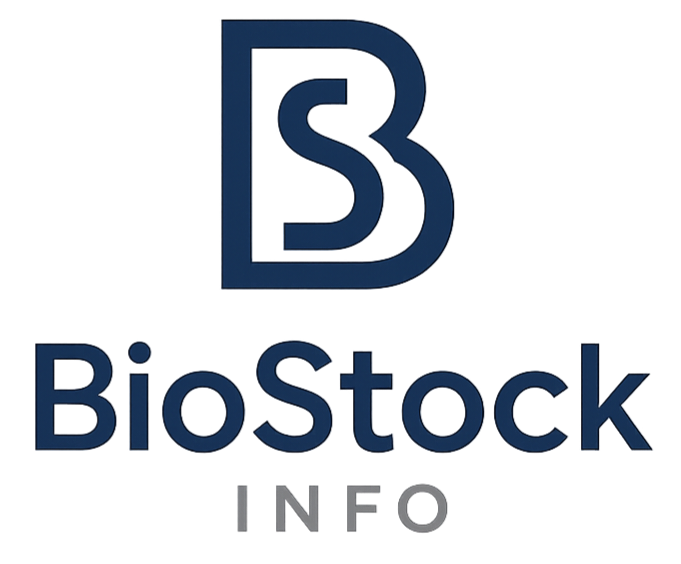CGTX Part 2 : Beyond Alzheimer's - The Untapped Pipeline Potential
While Cognition Therapeutics' path in Alzheimer's has been redefined, the true long-term value of CT1812 may lie in its potential across a range of neurodegenerative diseases. From Dementia with Lewy Bodies to being a foundational therapy for all AD patients, the drug is far from a one-trick pony.

CT1812 Clinical Trial Pipeline
Safety met; overall efficacy mixed. Strong signal in low p-tau217 subgroup drove Phase 3 biomarker strategy.
Improved EEG connectivity measures provide mechanistic support for synaptic action.
NIA-funded trial allows background lecanemab. Results expected Q3 2027. Could define CT1812 as add-on/backbone therapy.
Signals across multiple domains. EAP ongoing. BTD application not granted but provides proof of concept.
~28% slowing in lesion growth, on par or better than approved standard of care. Potential ophthalmology asset.
The Promise in DLB - An Encouraging Early Signal
Long before the recent Alzheimer's drama, CT1812 showed significant promise in Dementia with Lewy Bodies (DLB). The data came from a Phase 2a study, an early-stage, exploratory trial designed to establish safety and look for initial signals of efficacy. In this context, the results were highly encouraging, with the drug demonstrating meaningful improvements in cognition and overall function.However, the early nature of this data presents a longer road ahead. The FDA's decision not to grant Breakthrough Therapy Designation (BTD) reflects this, as the agency typically looks for more robust, later-stage evidence. Given the company's limited resources and the newly clarified, more direct path in Alzheimer's, the DLB program is strategically paused until additional funding is secured.
Despite this, the patient experience was so compelling that clinicians and families requested continued access to the drug, leading to an Expanded Access Program (EAP). The sustained benefits and positive quality-of-life improvements reported by EAP participants provide powerful, real-world validation of that initial Phase 2a signal. While DLB remains a valuable, longer-term asset, the patient-driven demand underscores its genuine potential.
A Potential "Backbone" Therapy? The START Trial
Perhaps one of the most compelling aspects of the CGTX story is the ongoing START trial. This is a separate, NIA-funded Phase 2 study designed to evaluate the synapto-protective effects of CT1812 over 18 months. Having already achieved over 75% enrollment, the trial has a fascinating design feature: it allows patients who are on approved background therapies, like Eisai/Biogen's lecanemab (Leqembi), to enroll.
The implication here is enormous. If CT1812 shows an additional, additive benefit on top of these plaque-clearing antibodies, it would be a paradigm shift. It could position the oral pill not as a competitor, but as a universal, foundational "backbone" therapy for Alzheimer's. Patients might receive an infusion to clear plaque while taking a daily CT1812 pill to protect and restore the synapses that those plaques were damaging. This "combination therapy" angle could unlock a far larger market than targeting a single subgroup alone.
The Surprise Asset - Taking on Macular Degeneration (AMD)
The potential of CT1812 isn't confined to the brain. Cognition also ran the MAGNIFY study for dry Age-related Macular Degeneration (dry-AMD), a leading cause of vision loss in the elderly. The mechanism is similar, protecting retinal cells from a toxic buildup of proteins. The initial data was highly encouraging, showing visual and anatomical improvements on par with approved therapies like Syfovre and Izervay.
The incredible advantage? Those approved therapies are painful injections directly into the eye. CT1812 is an oral pill. Unfortunately, due to financial constraints, Cognition had to discontinue the study to focus its resources. However, this data represents a powerful, currently dormant asset. For a potential pharmaceutical partner, this isn't just an AD drug; it's a "pipeline-in-a-pill" with blockbuster potential in the massive ophthalmology market.
The Underlying Science - Improving Brain Connectivity
Tying all these threads together is data from the SEQUEL study, an open-label extension of a previous trial. This study used advanced imaging techniques to show that treatment with CT1812 may improve functional connectivity between different regions of the brain. This provides a scientific rationale for its broad potential. The drug doesn't just target a single symptom; it appears to work at the fundamental level of synaptic health and communication.
CT1812 is not just an Alzheimer's drug; it's a potential 'pipeline-in-a-pill' with a compelling scientific narrative across dementia, vision loss, and beyond. But a brilliant blueprint is worthless without the capital to build the house. In our final analysis, we dive into the stark financial crossroads of partnership versus dilution that will determine if this groundbreaking science ever reaches patients.
Disclaimer
The information provided on this website is for informational purposes only and should not be construed as
financial, investment, legal, or professional advice. While efforts are made to ensure accuracy, no guarantee
is given regarding completeness or reliability. Visitors should conduct their own research or consult a qualified
advisor before making any decisions. External links are provided for convenience and do not imply endorsement.

